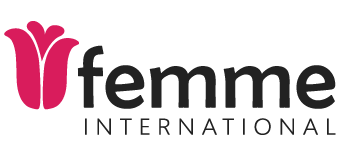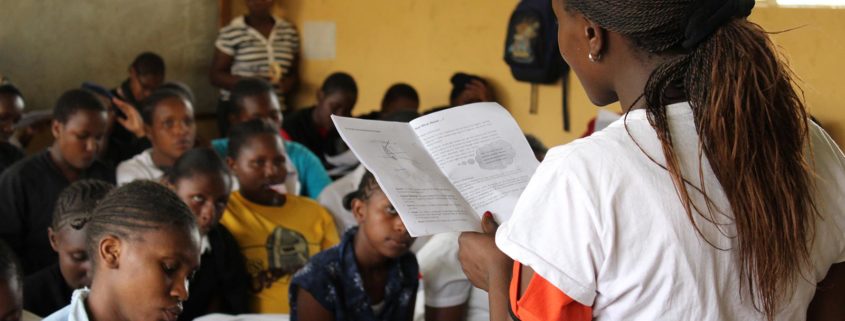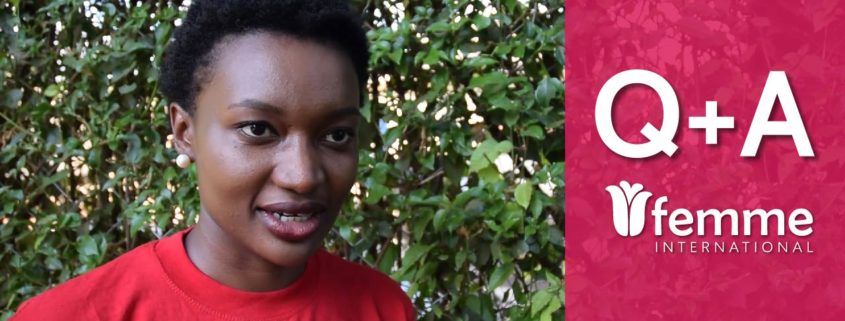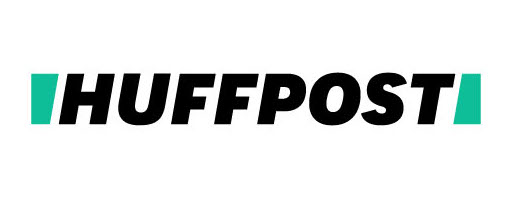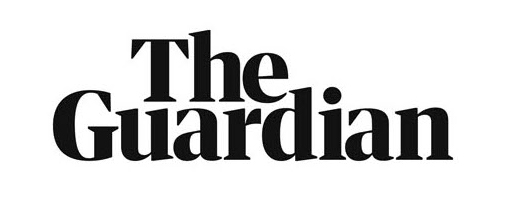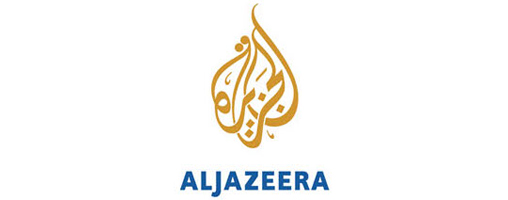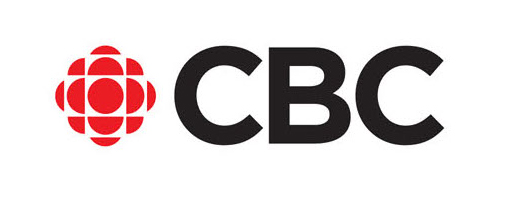Fieldwork Experiences: Menstruation, Human Security & Privilege
 From experience, I have learned to give a brief definition of my field before elaborating why it is relevant in any context. The general ideas of Human Security have been around for a while but as a concept, it was made popular by the United Nations Development Program (UNDP) in 1994. Its two main aspects are ‘freedom from want’ and ‘freedom from fear’ and the UNDP defines its purpose as ensuring that ‘people can exercise choices safely and freely – and that they can be relatively confident that the opportunities they have today are not totally lost tomorrow.’ It is an approach that focused on the individual rather than the nation state and consists of seven security dimensions that are all interconnected: Economic, food, health, environmental, personal, community and political security. In an ideal – and unfortunately rather utopian – world, a balance of these dimensions would lead to a peaceful, stable and safe existence of all people and societies.
From experience, I have learned to give a brief definition of my field before elaborating why it is relevant in any context. The general ideas of Human Security have been around for a while but as a concept, it was made popular by the United Nations Development Program (UNDP) in 1994. Its two main aspects are ‘freedom from want’ and ‘freedom from fear’ and the UNDP defines its purpose as ensuring that ‘people can exercise choices safely and freely – and that they can be relatively confident that the opportunities they have today are not totally lost tomorrow.’ It is an approach that focused on the individual rather than the nation state and consists of seven security dimensions that are all interconnected: Economic, food, health, environmental, personal, community and political security. In an ideal – and unfortunately rather utopian – world, a balance of these dimensions would lead to a peaceful, stable and safe existence of all people and societies.
Although my research focus is the connection between financial (in-)security and MHM practices, my time here has taught me that connections between menstruation and all seven dimensions exist and that the surrounding cultural context is key to understanding the challenges that are a daily reality for many.
For some Human Security dimensions like environmental security, the connection to MHM is easily made: In Tanzania, trash is often disposed by burning it on the side of a road and adequate incinerators to dispose of menstrual health products correctly, do not exist.
Health security is another dimension that shows an obvious connection to MHM issues. Many WASH facilities are neither safe nor clean and the lack of access to safe MHM products leads to girls using pieces of cloth, toilet paper, gaze or extremely unsafe options like cow-dung to manage their periods. Whilst MHM products are in direct competition with other household goods, the use of those products is not only due to financial insecurities, but also connected to a variety of myths and a deep suspicion towards ‘Western’ products like disposable pads or tampons.
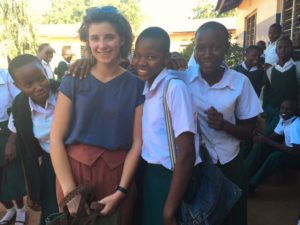
Katja with students at Ghona Secondary School in Tanzania
Many of the myths surrounding menstruation here are connected to personal security and community security and lead to exclusion of women and girls in a variety of ways. The most extreme example is the fear that contact with, or the sight of menstrual-blood could accidentally give people cancer, incapacitate them, curse them, make them infertile or kill them. Other myths are less dramatic but can have an equally excluding impact on the lives of people who menstruate. They are expected to not touch vegetables, fruit or water, not allowed to add salt to the meal they cook, they are refused the entrance to religious spaces, expected to not wash their hair whilst they bleed or follow extreme hygiene rituals – the list is long. One of the most damaging misconceptions in my opinion, is the assumed connection between the onset of menstruation and sexual maturity. Instead of explaining what is happening to their bodies, girls are merely taught to be ‘careful’, in other word, not to get pregnant. The attempt of managing their periods in a dignified way, for example by counting the days of their cycle, often leads their parents to the suspicion that they want to find their ‘safe days’ and have started engaging in sexual activities.
During my time with Femme, I have realized how little my own menstrual cycle impacts my life and my choices in comparison to many menstruating people living in countries of the Global South. In the words of one of my newly found friends in the Kili Hub: ‘I am in a privileged position as a menstruator’ – especially here. Nevertheless, we should not overlook that the stigma and problems surrounding menstruation are global and only enhanced in certain contexts.
Katja Brama

